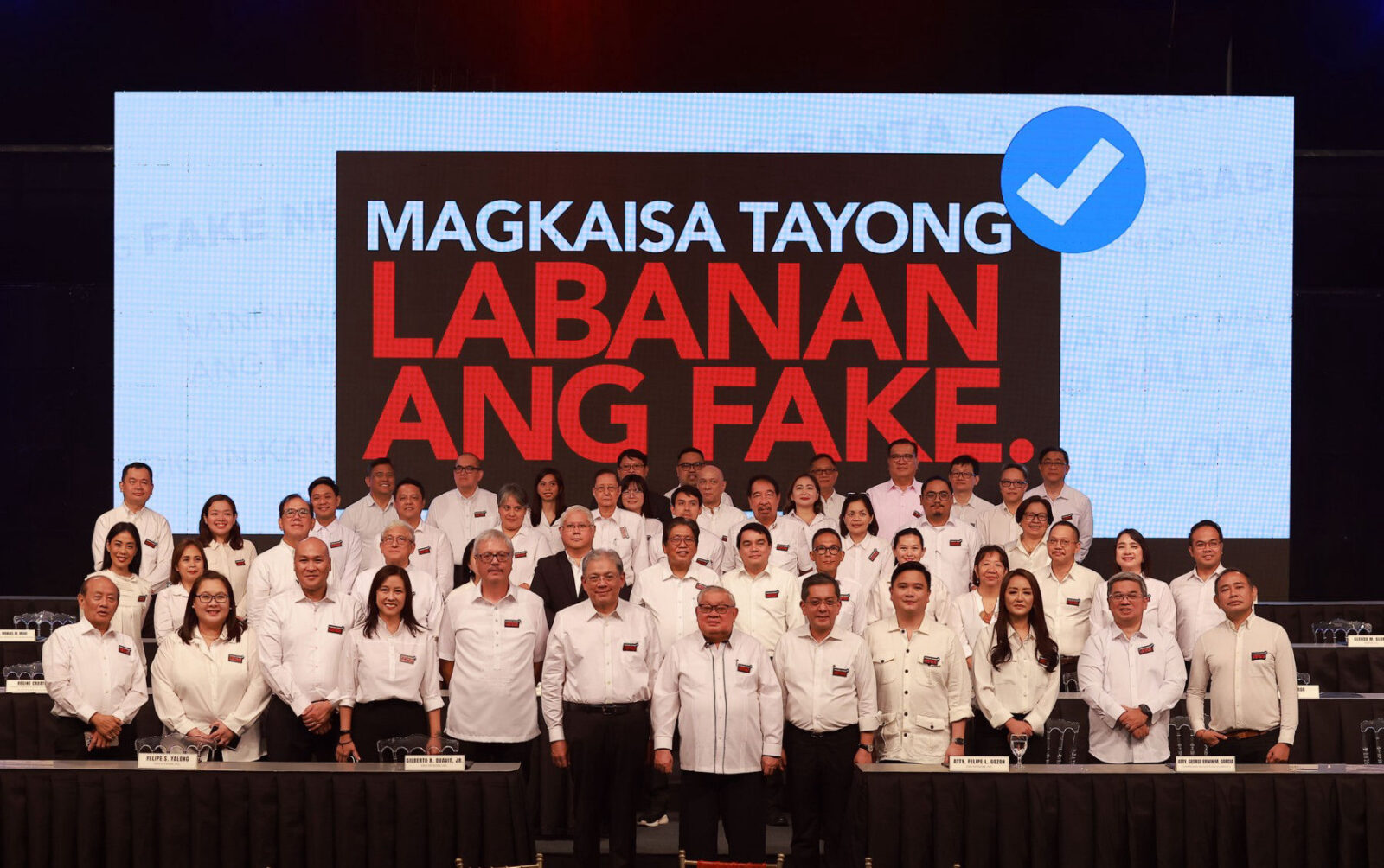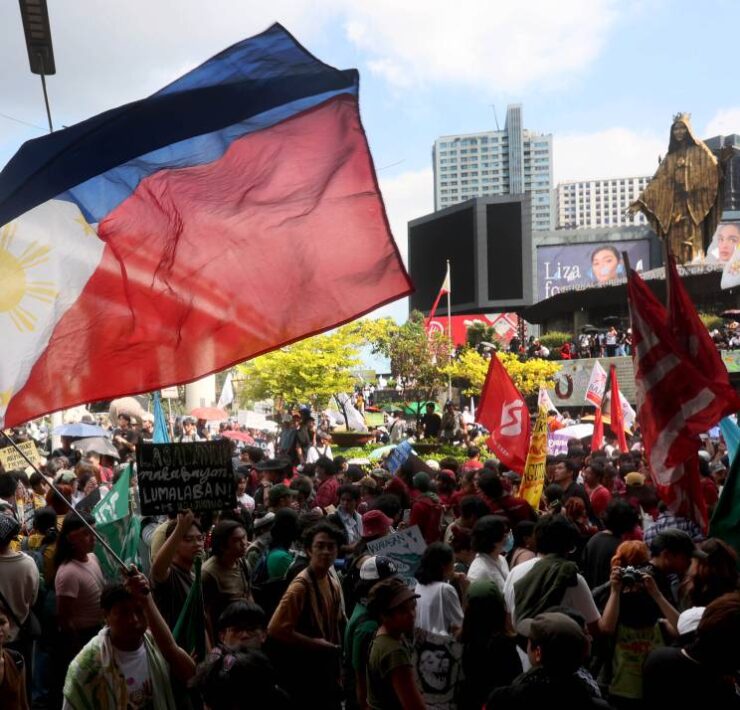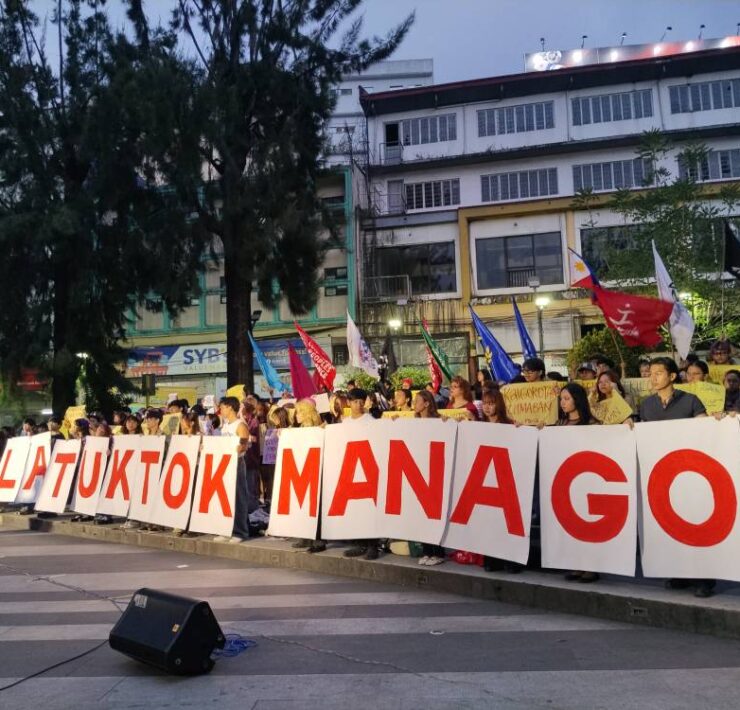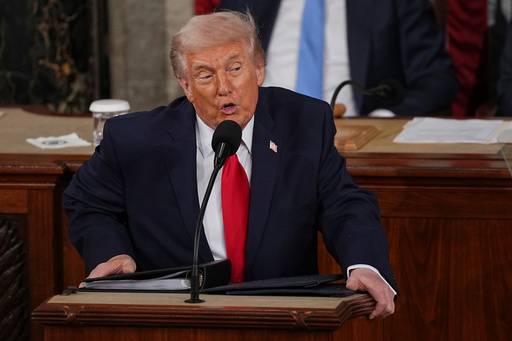‘Panata Kontra Fake News’: Media, civil society link arms vs disinformation

More than 50 organizations from the media, civil society and the academe, along with the Commission on Elections (Comelec), are banding together for a new partnership to combat fake news and disinformation, and to expose the dangers they pose to communities, institutions and democracy itself.
The Philippine Daily Inquirer, represented by company president and CEO Rudyard Arbolado, enlisted for “Panata Kontra Fake News,” a campaign led by GMA Network.
The campaign was formally launched on Friday with the partners signing a covenant, highlighting the observance of National Press Freedom Day.
GMA Network chair Felipe Gozon described the alliance as a response to the proliferation of fake news and the continuation of a “longstanding crusade to safeguard the integrity of discourse.”
“Not a day goes by without false information spreading like wildfire” especially on social media, he noted. “For a problem so wide and deep, it needs a massive undertaking to fight it.”
“Truth,’’ Gozon said, “is not always the most viral, but it remains the best story to tell.”
Confusion, harm
Also present at the signing, Inquirer associate publisher Juliet Javellana called the latest advocacy among newsrooms and academic institutions was a “huge step in protecting our democracy and the welfare of the people.”
“By joining hands in this campaign, the Inquirer, GMA Network and other partner media organizations and institutions can be a formidable force for truth against the purveyors of disinformation,” Javellana said.
She noted how it had become easy for anyone to post or spread false information on social media without verification. “This can cause confusion and harm to the lives of our countrymen, especially during pandemics, calamities and even in elections.”
Journalists have the duty to “expose and report the abuses, corruption and misuse of taxpayer money,” while adhering to the “highest standards of excellence and ethics in journalism,” Javellana noted, adding:
Beware of ‘fake’ bets
“We can serve the people by persistently reporting information that had been verified, sourced from the ground … and from direct and authoritative sources, and explained with deep insights and context to give the people a better understanding of critical issues.” The commitments made by the Panata partners could not have come at a more crucial time, she said, as the country prepares for the midterm elections next year and the presidential race in 2028.
Comelec Chair George Garcia, who represented the poll body in the partnership, called on aspiring candidates to declare only “truthful” information in their campaigns.
“This way we don’t elect fake people,” Garcia said in an interview on the sidelines of the program.
The period for the filing of certificates of candidacy for the 2025 elections is from Oct. 1 to Oct. 8.
A Pulse Asia survey conducted in 2022 found that nine out of 10 Filipino adults consider fake news to be a “problem” of national importance, while a Social Weather Stations poll in 2021 showed 69 percent of the respondents characterizing the spread of fake news as a “serious” issue.





















